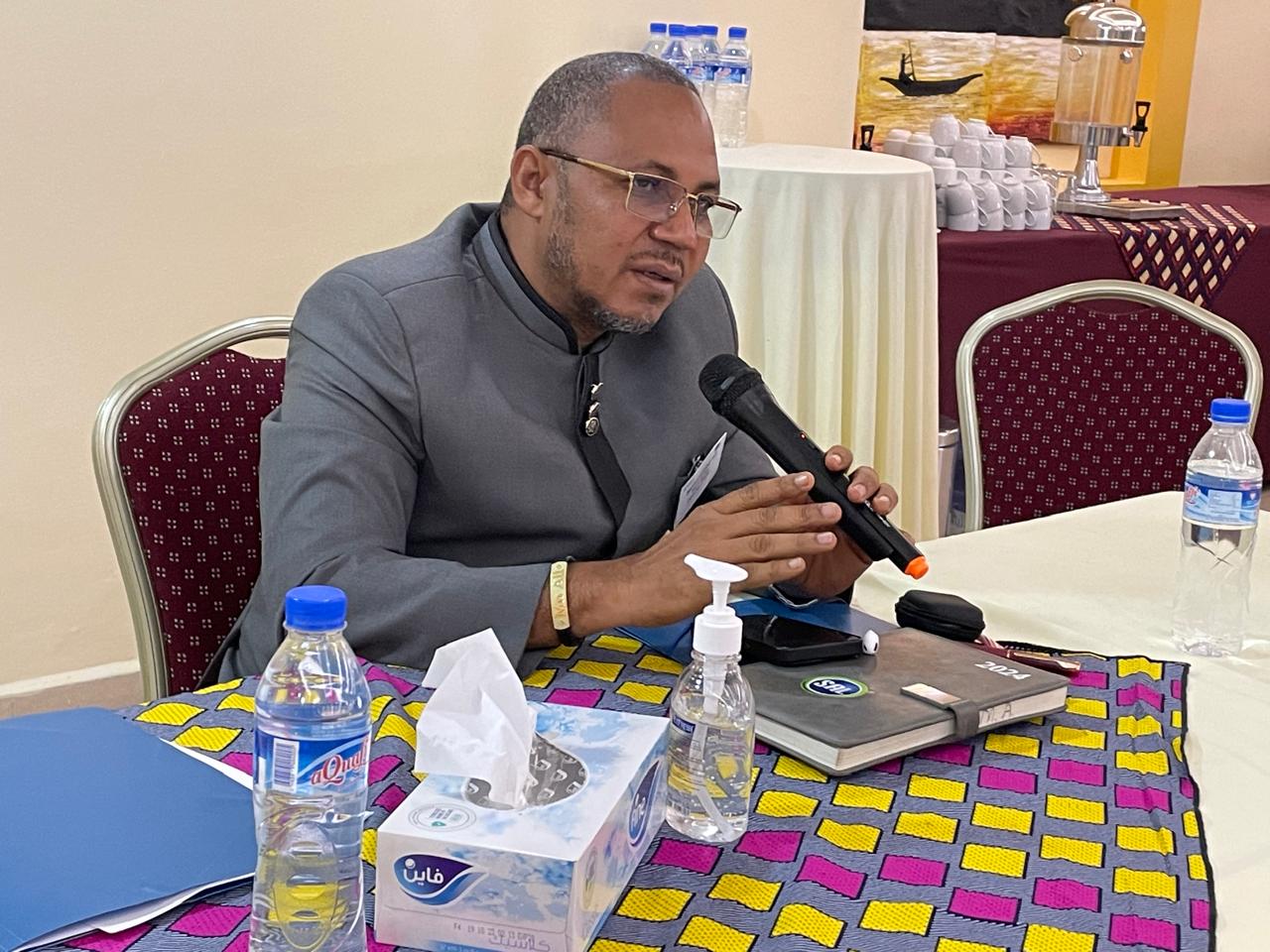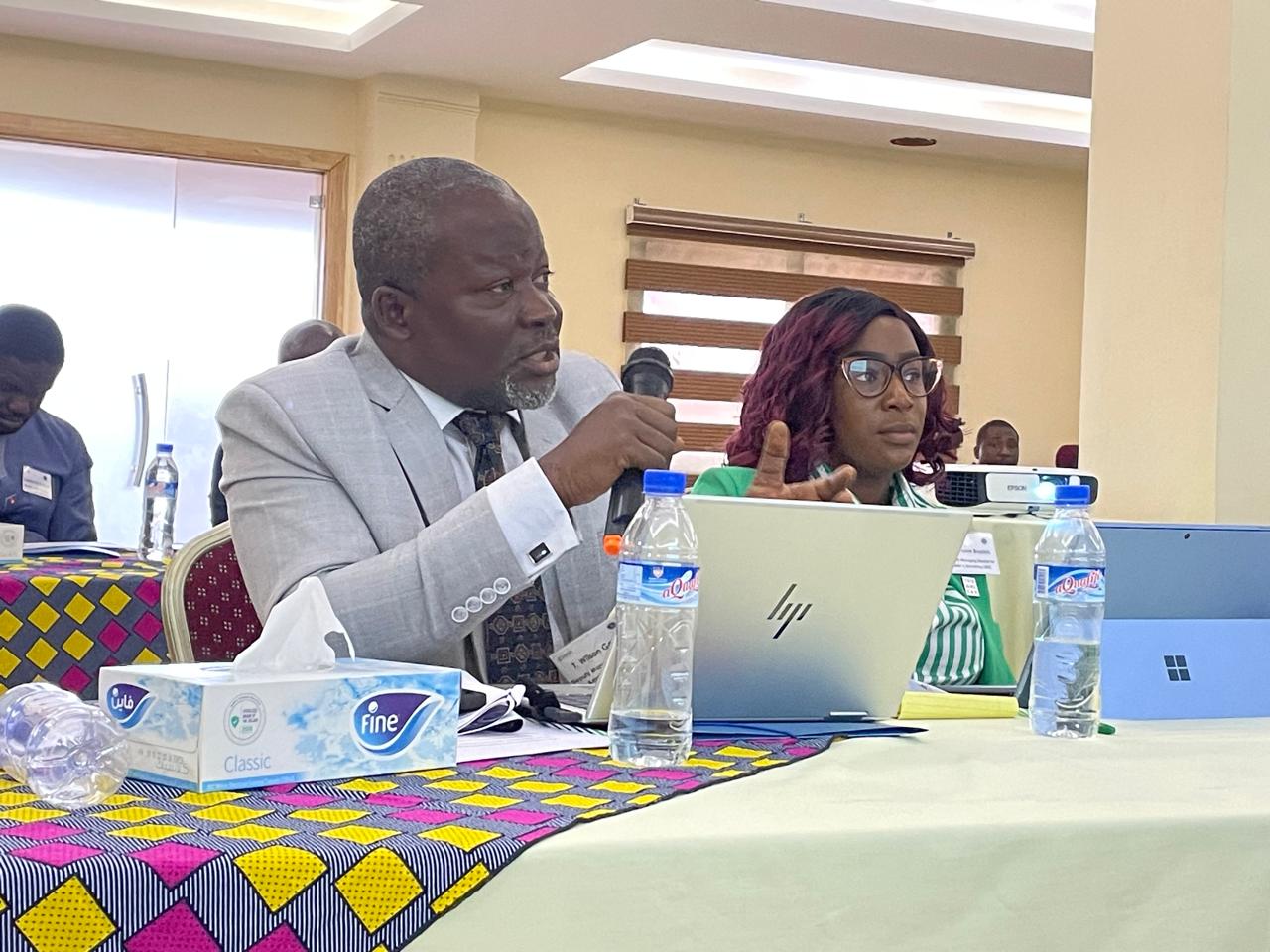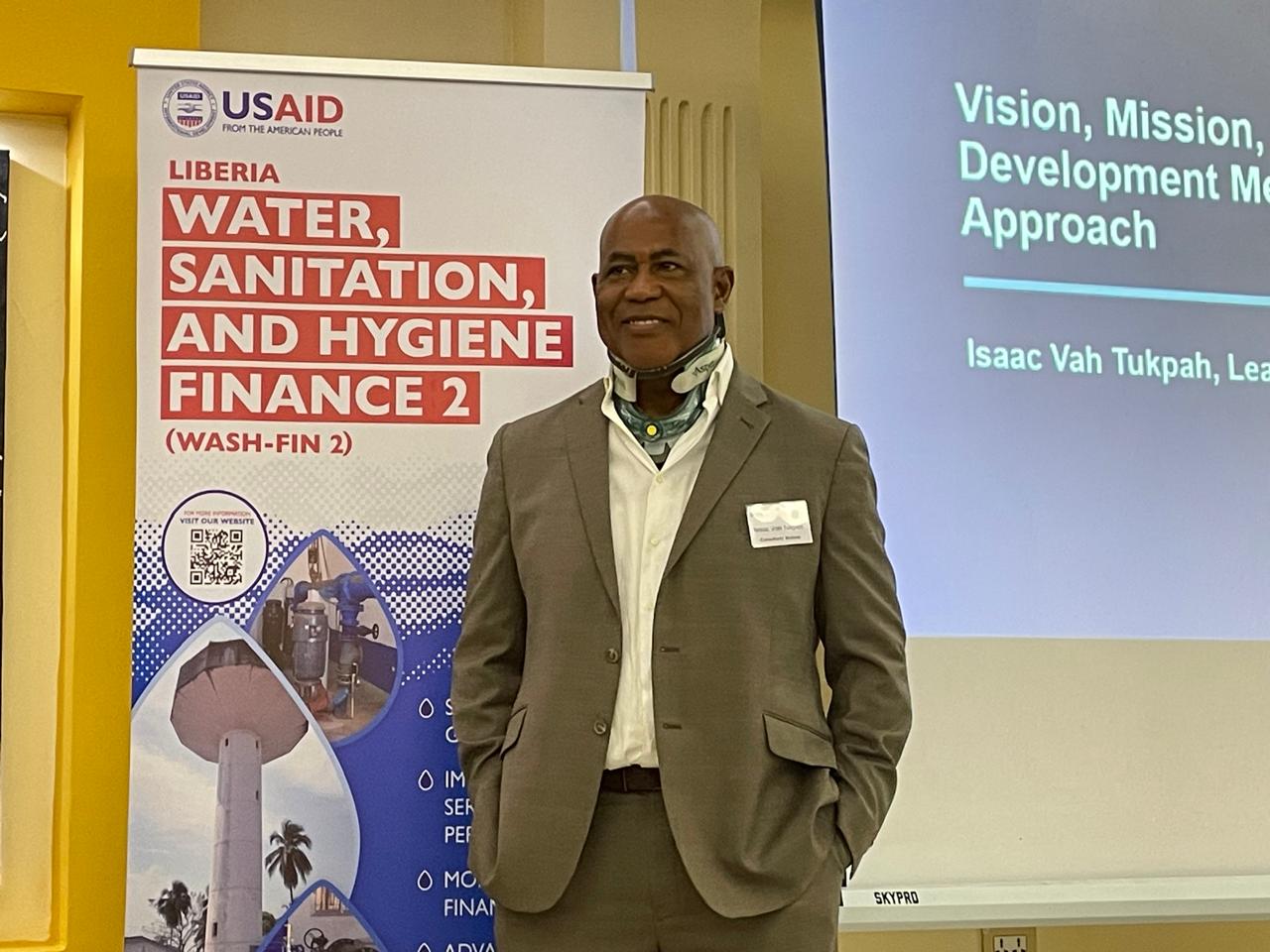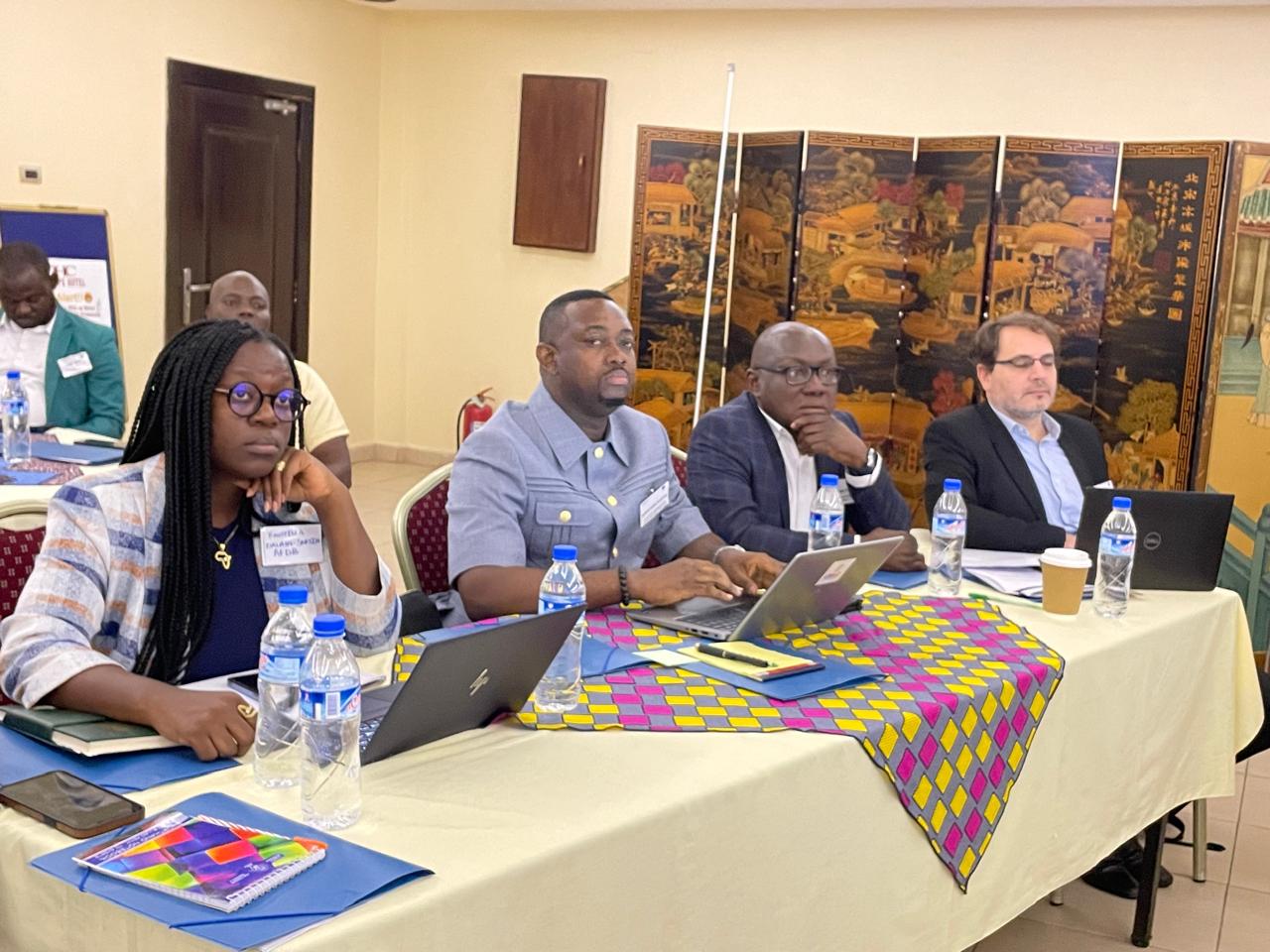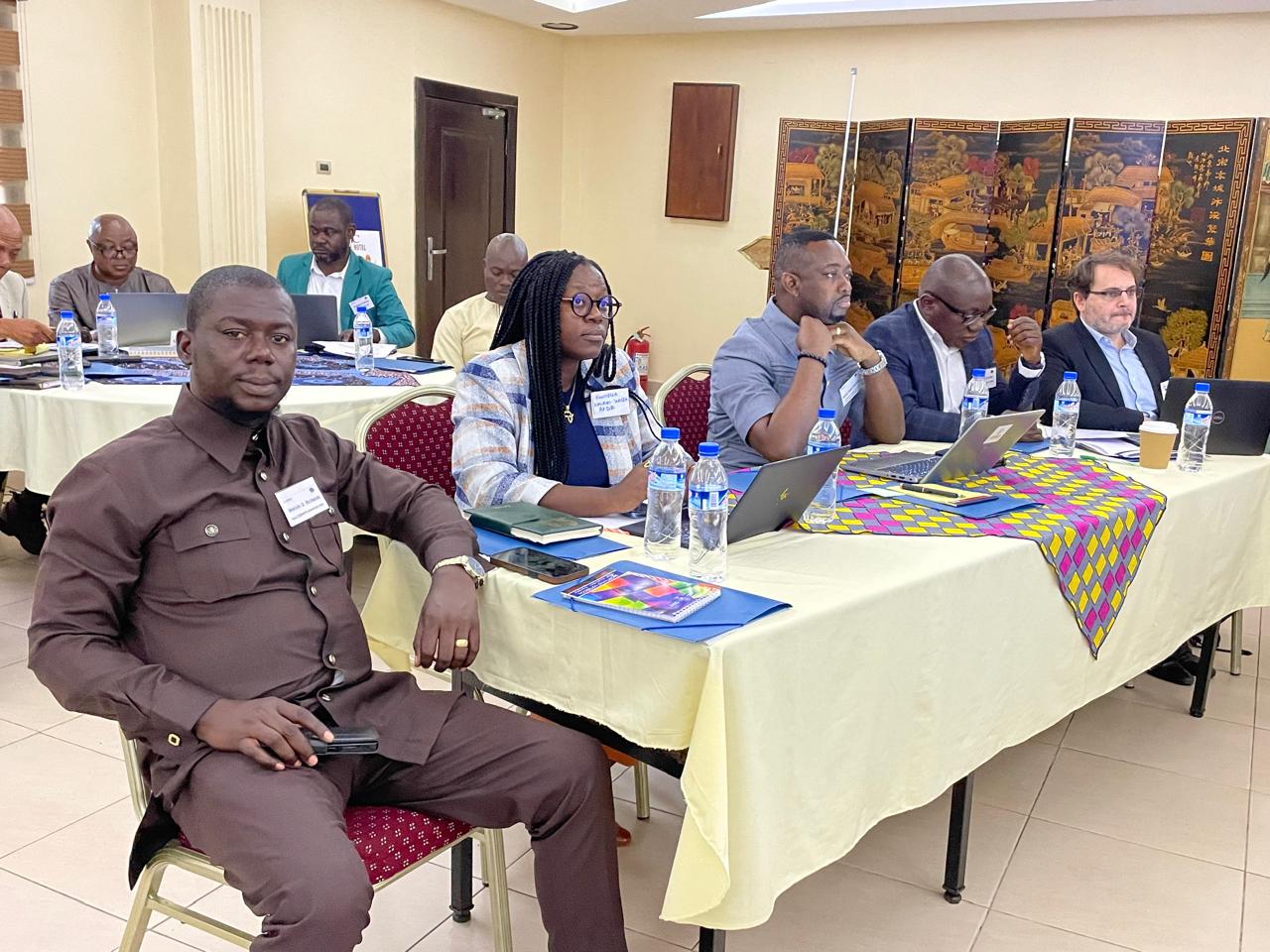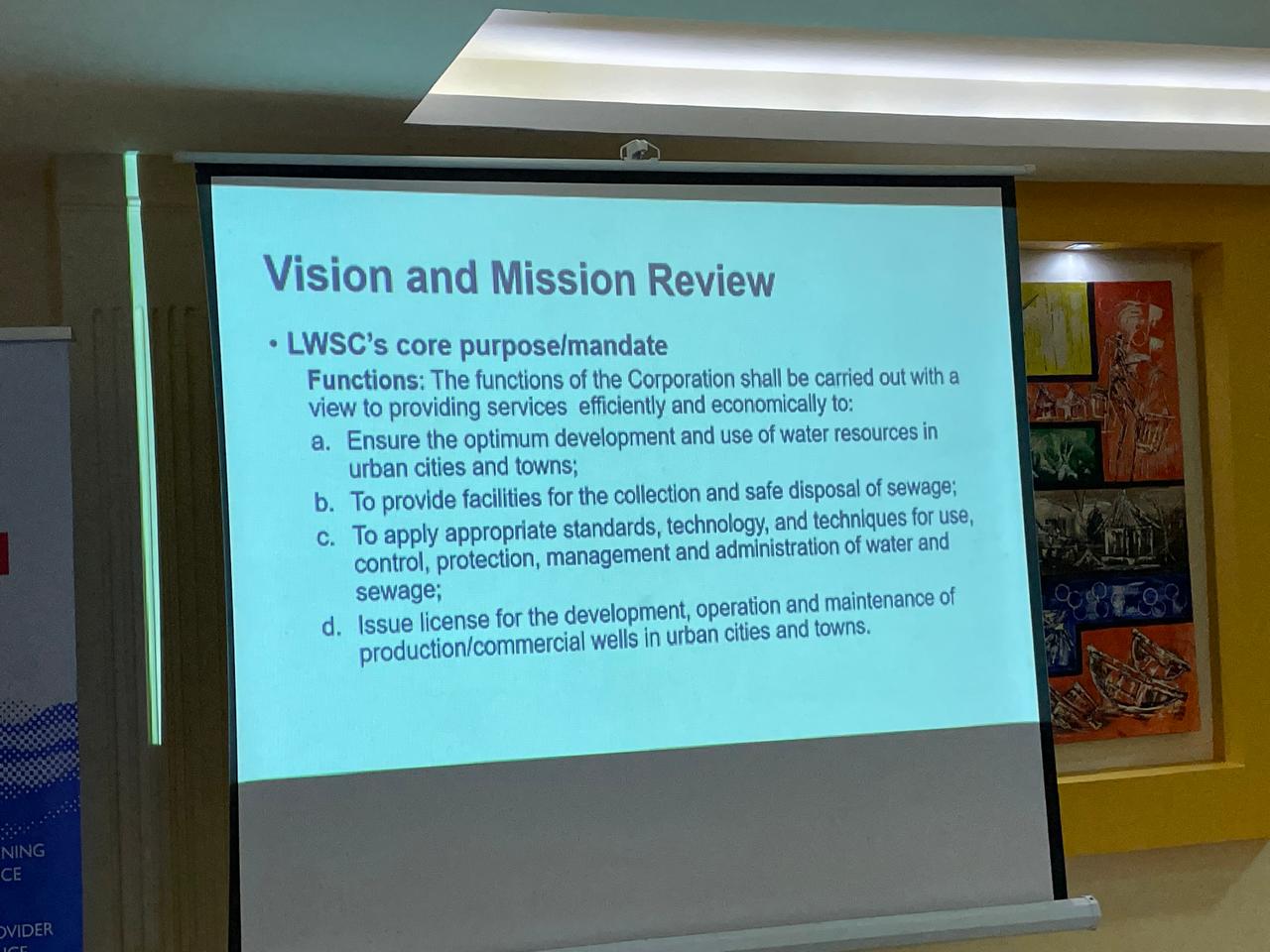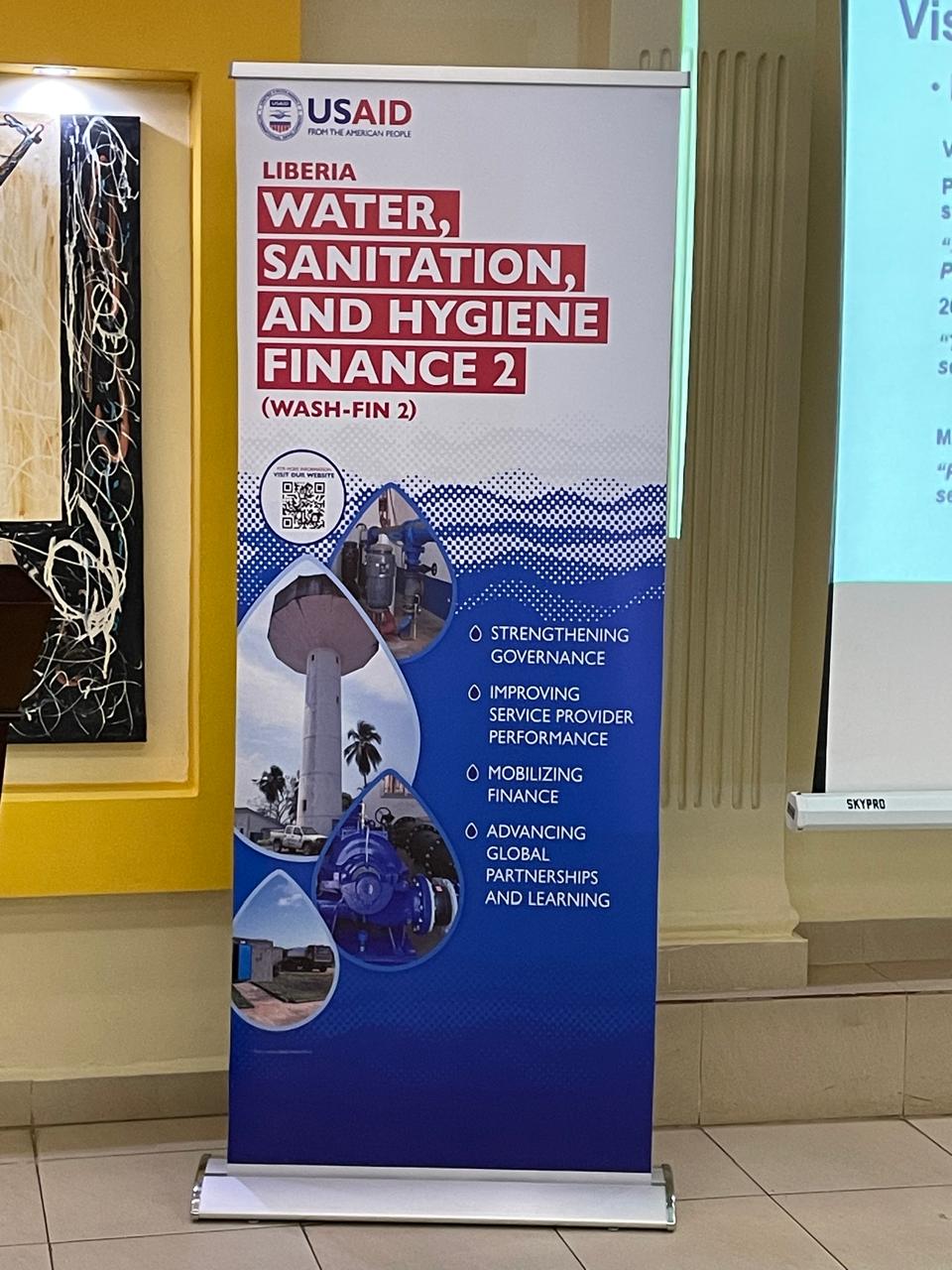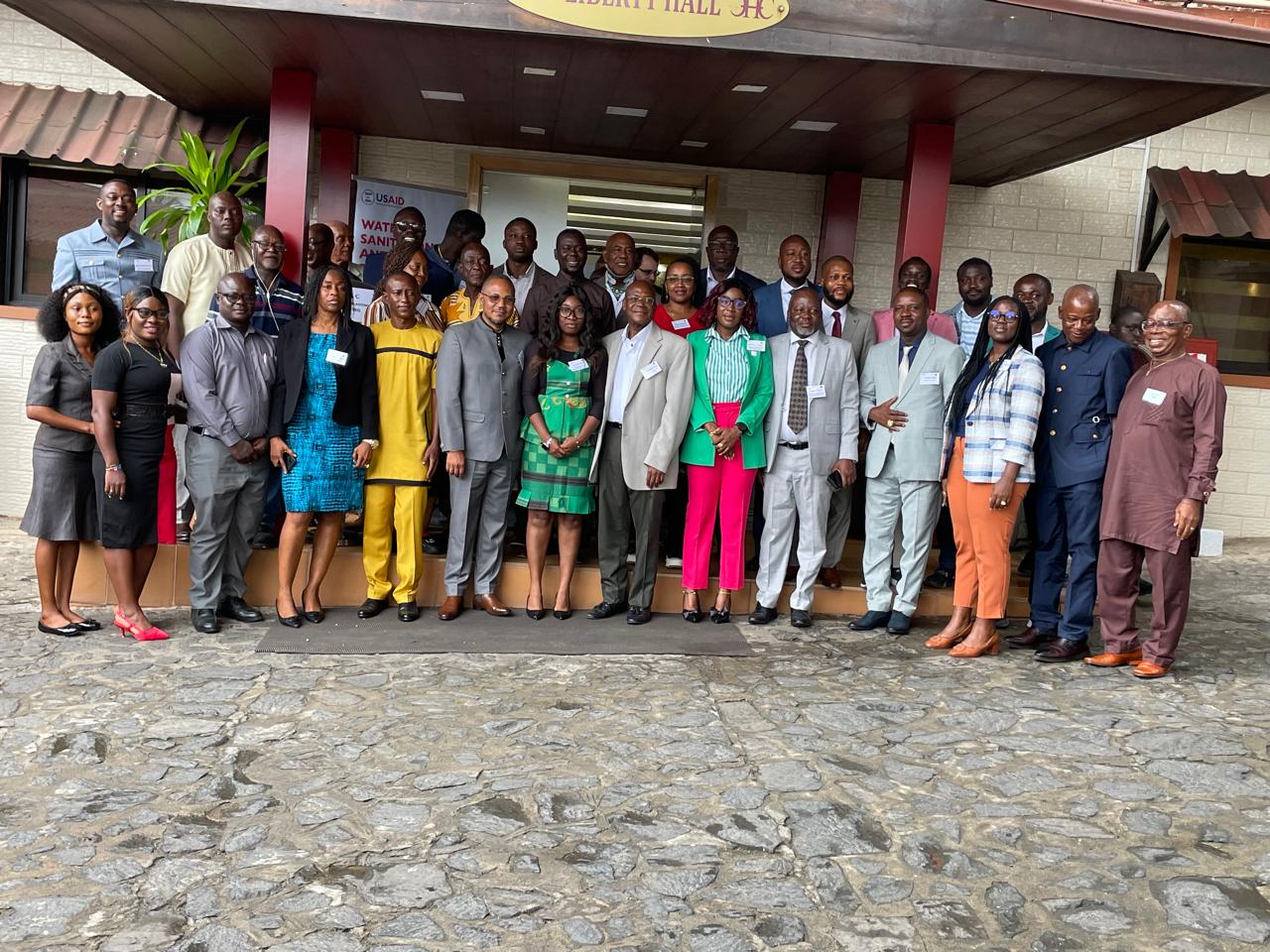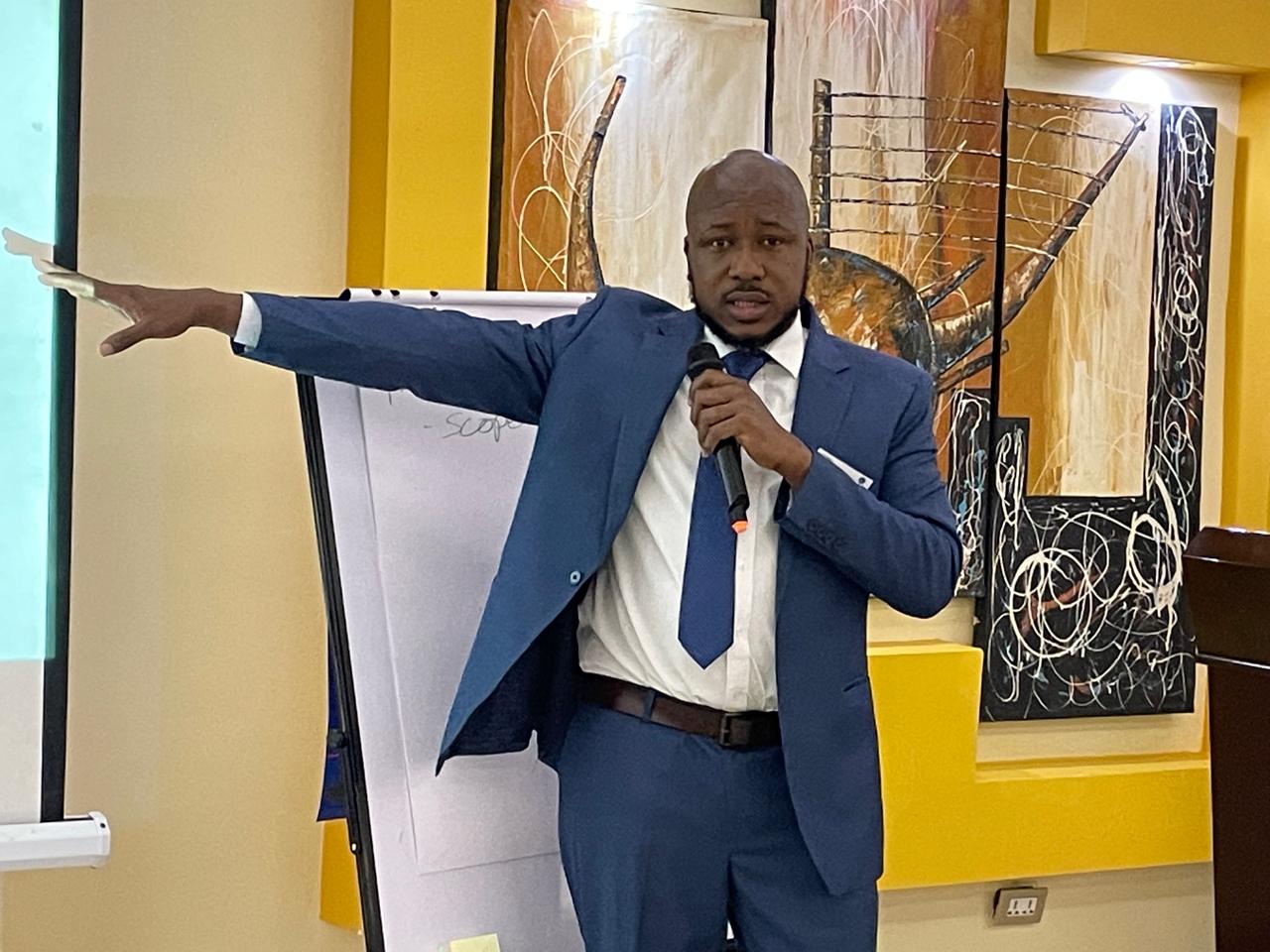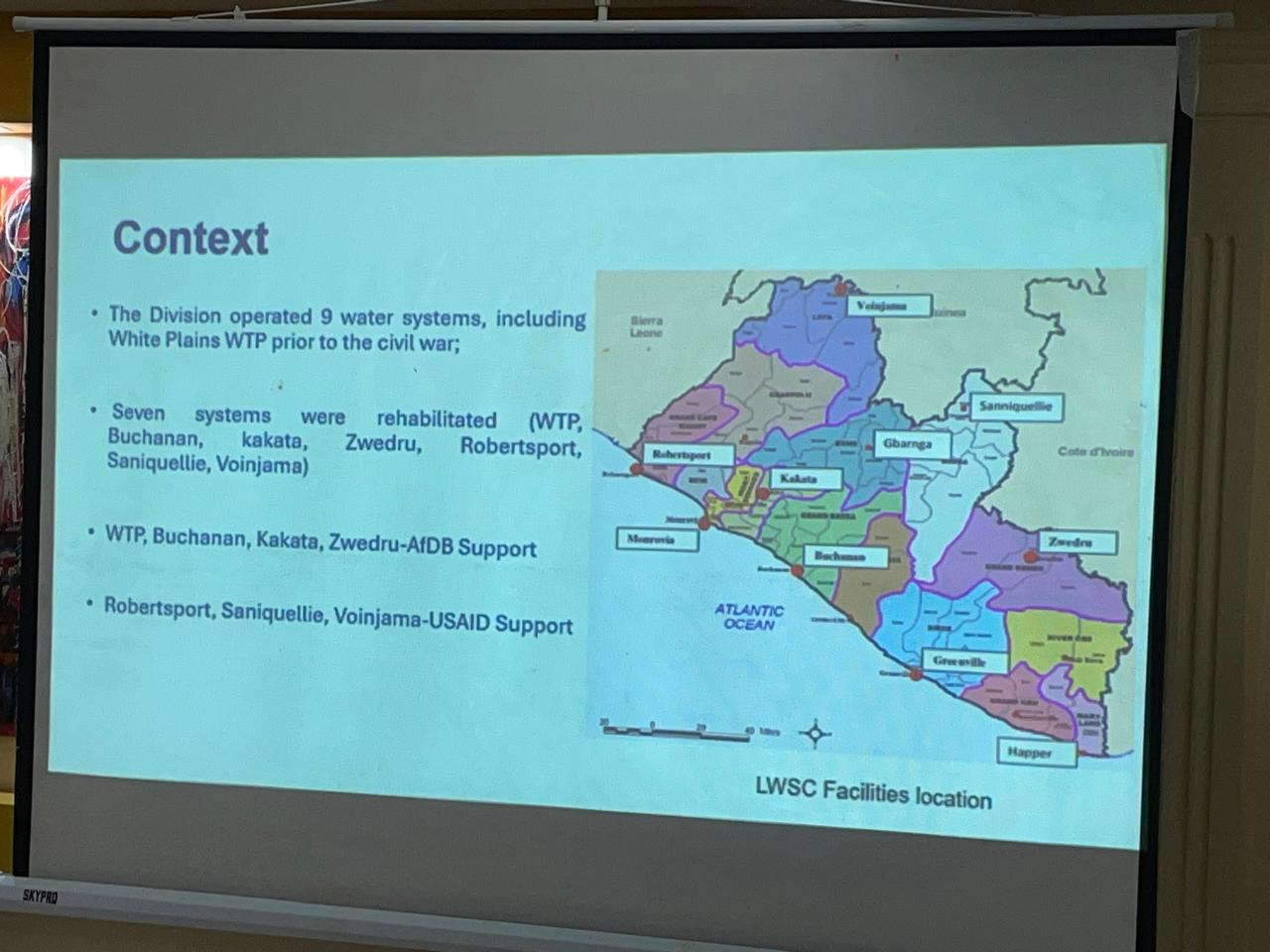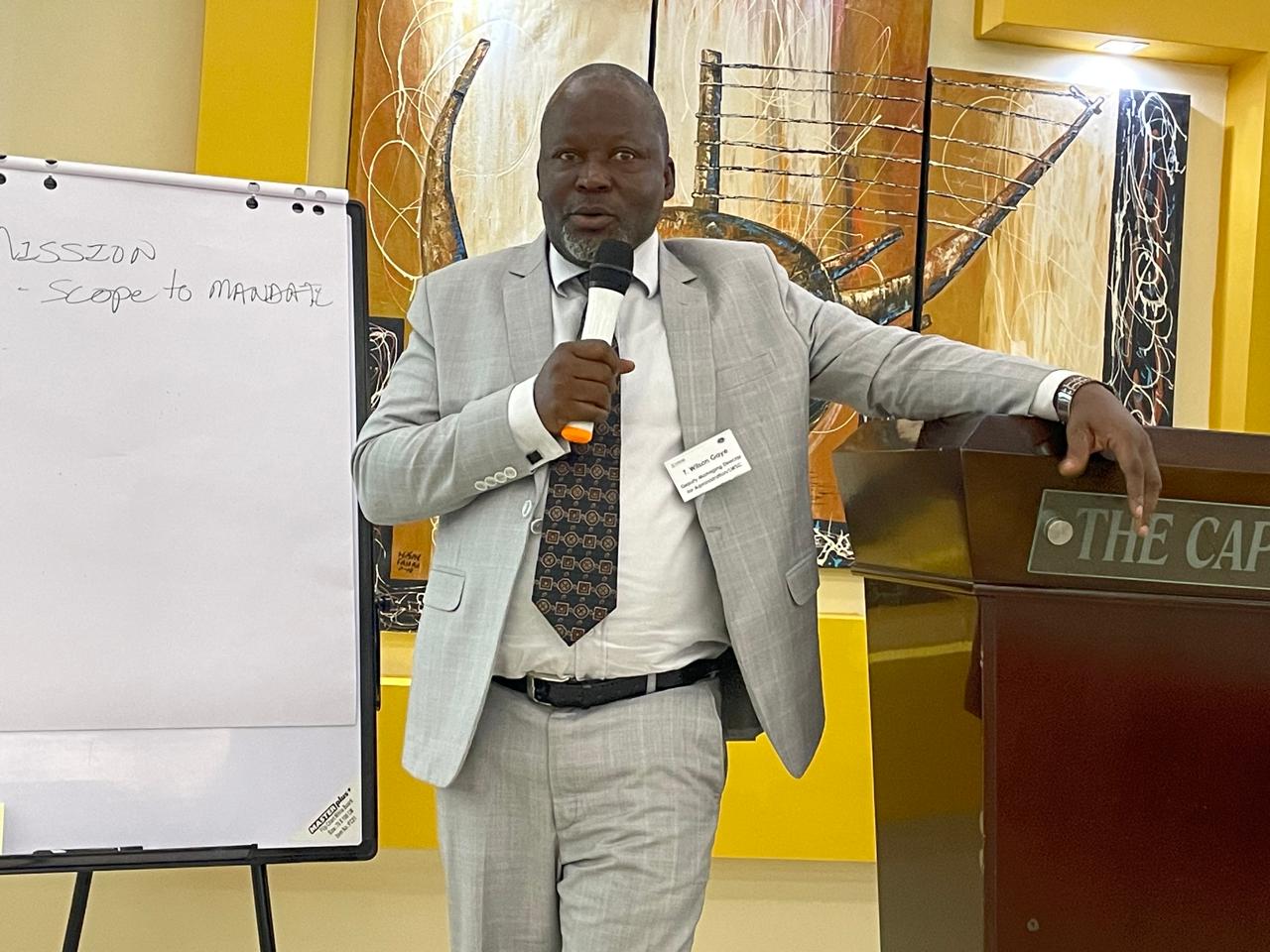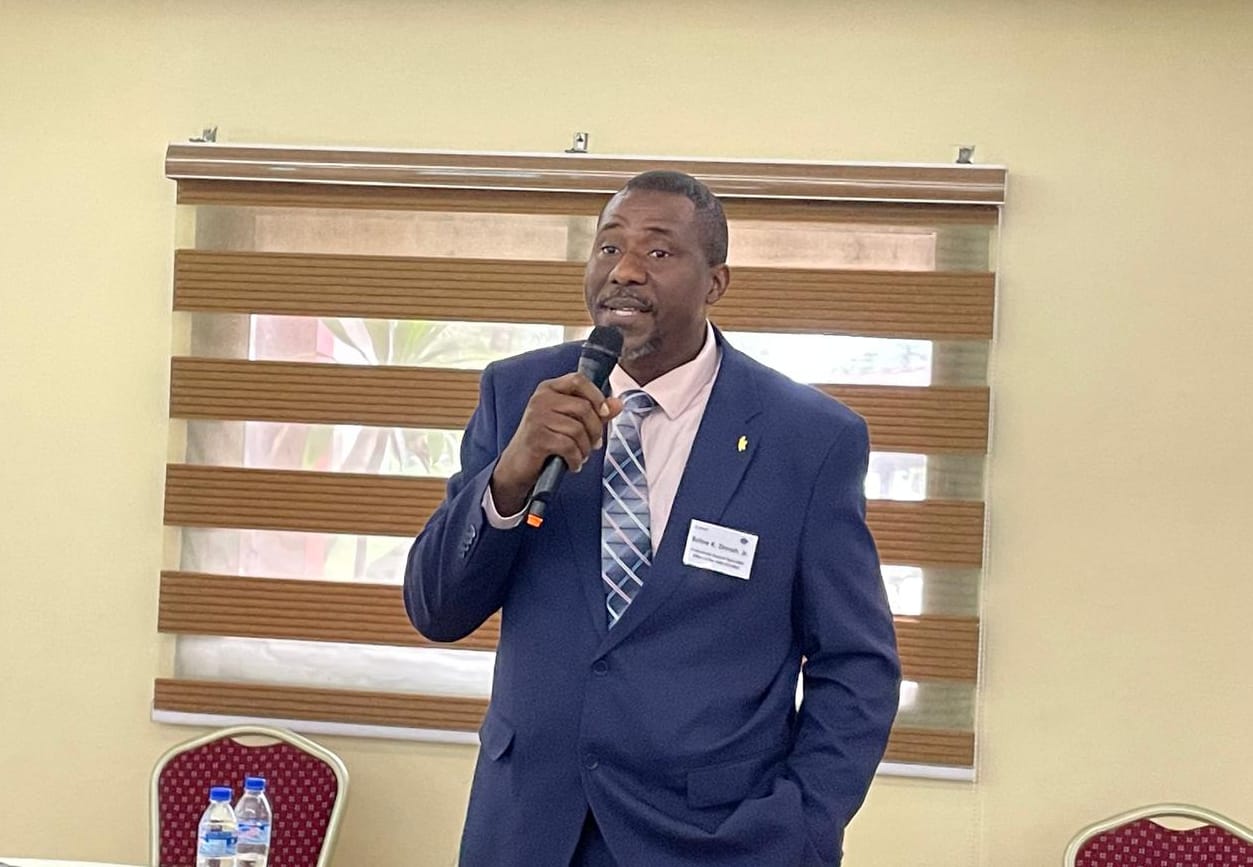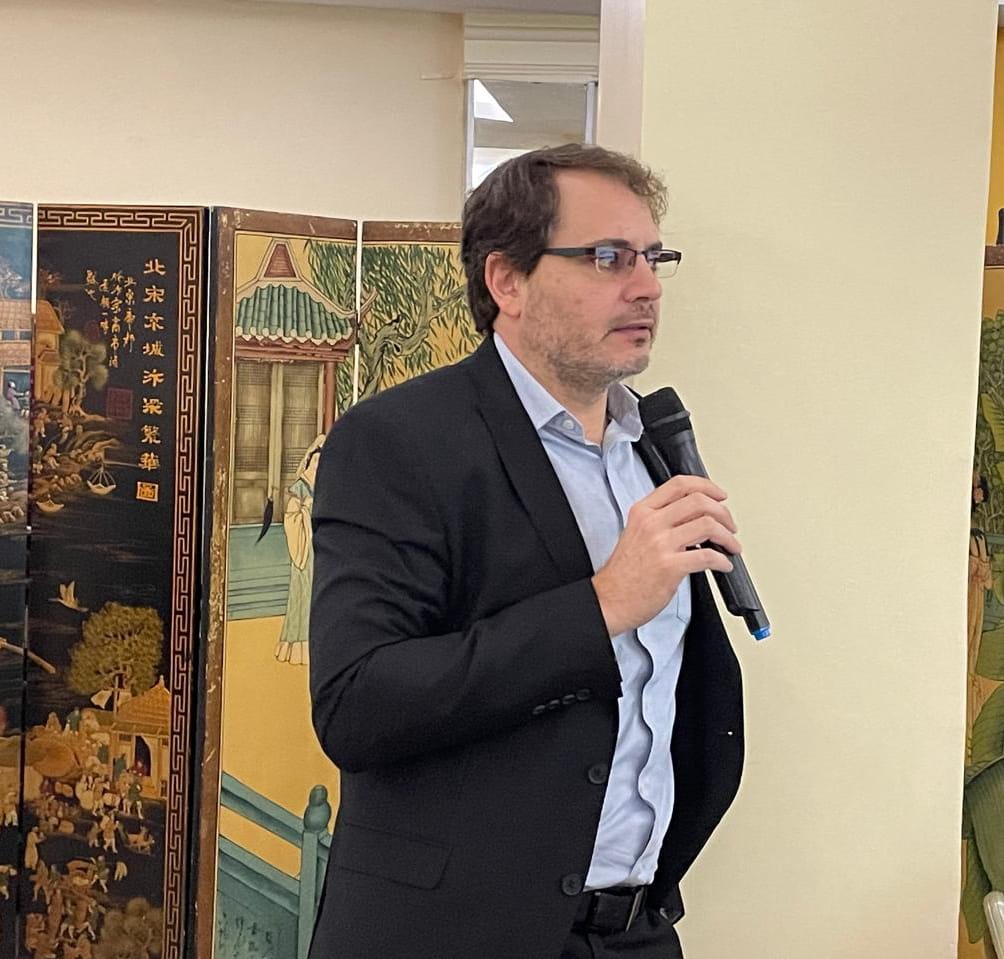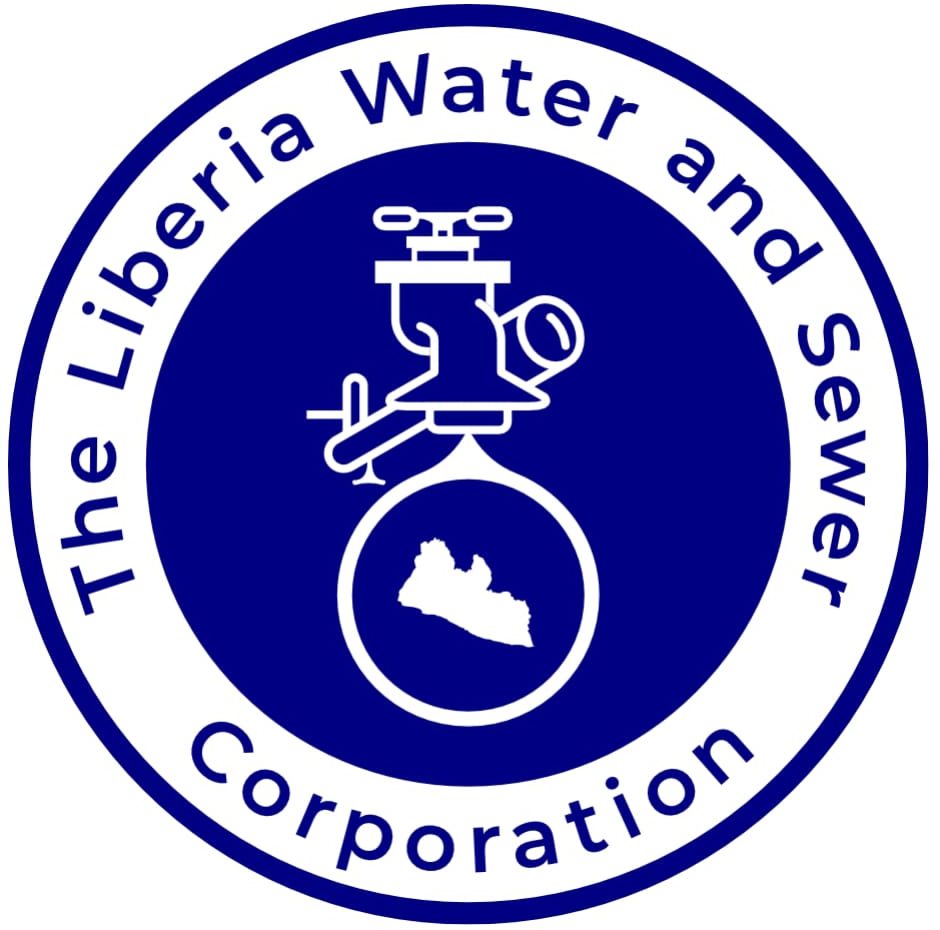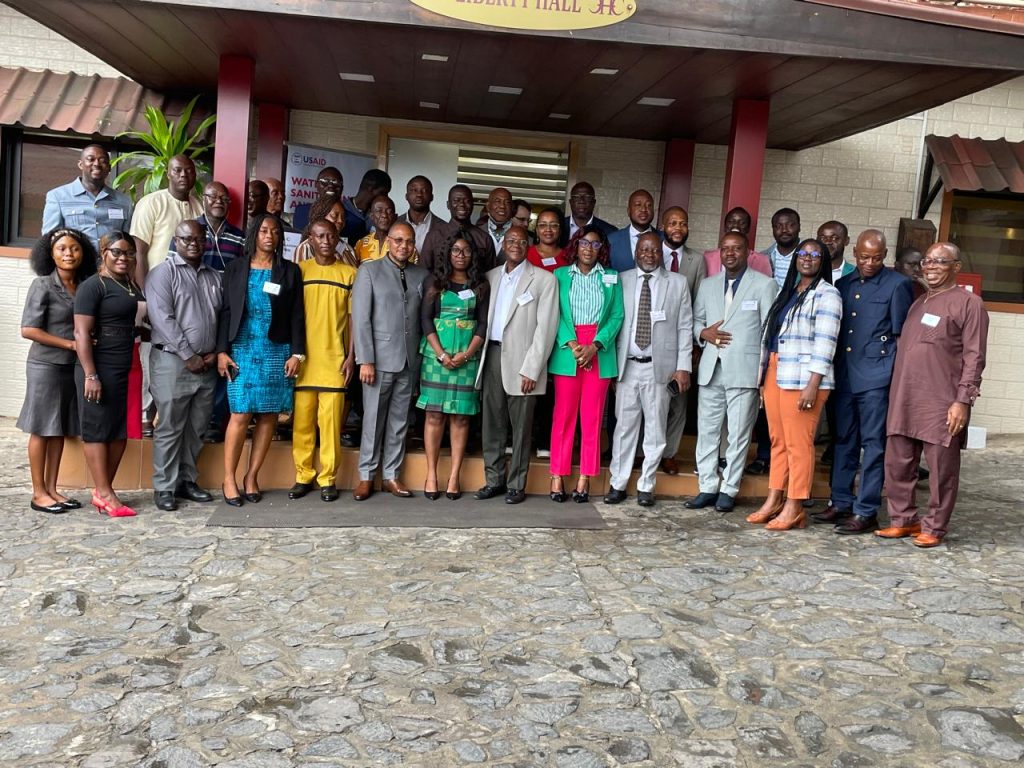As part of continual efforts aimed at addressing the operational challenges, financial constraints, and infrastructure gaps faced by the Liberia Water and Sewer Corporation (LWSC), the management, with support from the USAID’s Water Sanitation and Hygiene Finance-2 (WASH FIN-2) has ended a two-day strategic development plan workshop in Monrovia. The workshop, which was convened on 9th & 10th December 2024, was designed to shape the corporation’s vision, mission, and develop clear development strategies for the next five years, with a focus on aligning the corporation’s efforts with national development priorities as well as improving its efficiency in order to mitigate existing challenges.
The collaborative workshop also defined a clear and actionable strategic plan to improve water and sanitation services across Liberia, with the aim of enhancing the LWSC’s efficiency for the country’s development and addressing the needs of millions of citizens. The two days’ event also solicited various perspectives from LWSC leadership, donor partners, and key stakeholders in the water and sanitation sector on how to shape the corporation’s vision, mission, and strategies for the next five years, in order to improve the corporation’s service delivery.
Held under the theme “Strategic Roadmap for Sustainable Water and Sanitation Services: LWSC’s 2025-2029 Plan,” it is expected that the five-year strategic development plan, which will be developed from the two days sitting, will serve as the official working instrument for development partners and government’s interventions at the public utility.
The event was officially opened with remarks from Deputy Finance Minister for Budget, Tanneh G. Brunson, who expressed the significance of the LWSC’s decision to embark on the strategic planning process. “I’m very excited about this event and the initiative that the institution has taken in preparing for the strategic plan,” Minister Brunson said. “As most of you are aware, we recently completed the national development plan for the country, and it is only fitting that the Water and Sewer Corporation does the same. Water and Sewer has had its share of challenges over the years, but the outlook provided by the Managing Director is breathtaking. Water and Sewer should not only serve Monrovia but the entire country, which requires intense effort and collaboration.”
Minister Brunson emphasized that the crafting of the strategic plan was not only a crucial step in addressing the operational challenges of LWSC but also vital for ensuring the successful implementation of the government’s broader development goals. She urged all participants to remain fully engaged, both during the planning phase and in the execution of the plan. “I just hope that all of you here today will give your full attention to this process, not just for the preparation, but also for the execution of the plan,” she added. “This is an opportunity for us all to contribute towards improving the lives of Liberians.”
Dr. Khalipha Bility, Chairman of the Board of Directors of LWSC, also underscored the importance of strategic planning for the future of the corporation. He noted that without a clear plan, it would be impossible to move forward effectively. “Today is a great day because, without a plan, it’s often impossible to know where you’re going, how you’re going to get there, how long it’s going to take, and how much it will cost,” Dr. Bility remarked. “This is a very important exercise that will help guide us into 2025 and beyond. We’ve made a commitment to ensure that this plan is ready by the end of the year, and we’re on track to achieve that goal. This blueprint will help us confront the challenges ahead and will empower us to provide clean, sufficient, and adequate water for all Liberians.”
Dr. Bility also emphasized the essential nature of water as a basic human right. “Water is life. If you were to ask anyone whether they would prefer to lose power or water at home, most people would choose water. We cannot live without it,” he stated. “Providing water is a cornerstone of our country’s agenda, and this strategic planning effort is integral to achieving that goal.”
For his part, the Managing Director of LWSC, Hon. Mohammed Ali, expressed gratitude for the support from USAID and its partners, particularly Tetra Tech and the WASH FIN-2 program. Ali highlighted the corporation’s responsibility to provide water and sewer services to approximately 75 percent of Liberia’s population and stressed the importance of having a comprehensive strategic plan to achieve this.
“We are here today because LWSC has a responsibility to provide water and sewer services to the majority of the population,” Ali said. “The first step in achieving this objective is to create a well-defined plan. This is why we sought support from USAID and their partners, and we are incredibly grateful for their assistance.”
Ali further highlighted that this strategic plan would not only address the current operational challenges but would also provide a roadmap for sustainable water and sanitation services for the next five years. “We must ensure that this strategic plan will serve as our development bible for the next five years,” he emphasized. “Every project in the water and sanitation sector must be aligned with this plan.”
Christian Smith, Activity Manager of WASH FIN-2, who spoke on behalf of USAID Health Office Director Sandra Bird, reaffirmed USAID’s commitment to supporting Liberia’s water and sanitation efforts. He highlighted the essential role of water in improving public health, economic growth, and human dignity.
“Water is life,” Smith said. “Water sustains us, strengthens our communities, and serves as the foundation for health and economic development. Yet, too many Liberians still lack access to safe water and sanitation. USAID is proud to stand with the people of Liberia to address this challenge.” Smith also emphasized the importance of the WASH FIN-2 project in improving the financial and technical capacity of LWSC. “This project will focus on enhancing LWSC’s financial sustainability and governance, which are crucial for ensuring the long-term viability of water and sanitation services,” he noted. “We are committed to working with LWSC to ensure that it can continue to deliver clean water to those in need.”
He further explained that the WASH FIN-2 program would not only provide financial support but also promote greater accountability and transparency within the corporation. “By bringing in the private sector and improving governance, we are confident that LWSC will become financially viable and capable of meeting the needs of all Liberians,” Smith added.
It is expected that the strategic development plan workshop will provide LWSC with the foundation for a transformative approach to water and sanitation service delivery and develop a comprehensive plan that will guide the corporation’s efforts over the next five years.
